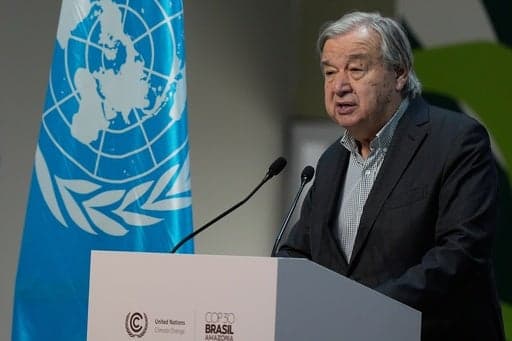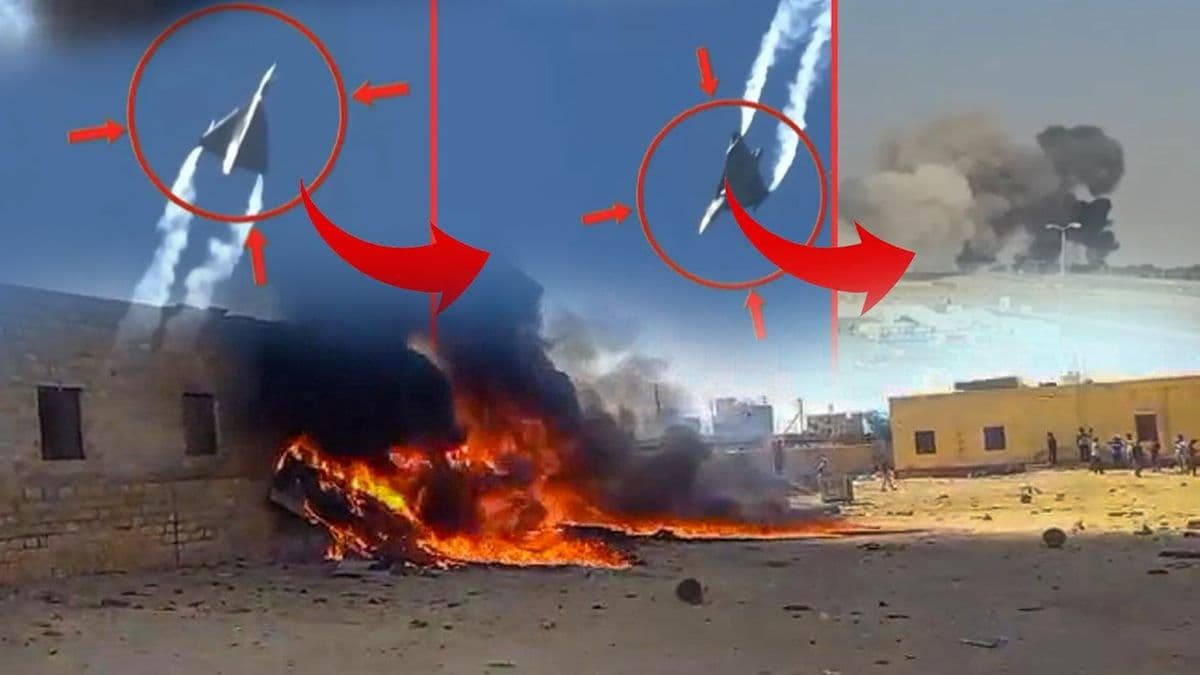Fire Forces Evacuation at COP30, Guterres Urges Flexibility
A fire at the COP30 sideline pavilion area forces evacuation of the Belem conference site with two scheduled days left, creating fresh uncertainty as negotiators have yet to seal major agreements. The disruption amplifies pressure on countries to compromise on financing, fossil fuel phase out plans, and transparency, matters that will shape markets and aid flows worldwide.

A fire broke out in a sideline pavilion area at the United Nations climate conference in Belem on Thursday, forcing the evacuation of several buildings with two scheduled days remaining and negotiators still far from major agreements. Organizers said the blaze was brought under control and that no one was hurt, but fire officials ordered the entire site cleared for safety checks and it remained unclear when formal conference business would resume.
The incident adds an unexpected layer of disruption to talks already strained by missed deadlines and entrenched disputes over money and fossil fuel policy. U.N. Secretary General António Guterres had urged compromise hours before the evacuation, calling on negotiators to "show willingness and flexibility to deliver results," and warning that "We are down to the wire and the world is watching Belem." He framed the stakes in human terms, saying "Communities on the front lines are watching, too — counting flooded homes, failed harvests, lost livelihoods — and asking, 'how much more must we suffer?'"
Negotiators entered the final days with a quartet of unresolved, interconnected topics that COP30 President André Corrêa do Lago had pushed negotiators to package by an internal Wednesday deadline. No package had emerged before the fire. The first issue concerns the delivery of climate finance, with an agreed aim of mobilizing 300 billion dollars a year. The other issues include whether countries should be instructed to strengthen their new national climate plans, how to handle trade frictions over climate policies, and steps to improve transparency and reporting on climate progress.
The combination of an on site evacuation and stalled diplomacy has immediate policy and market implications. Financial markets and investors gauge climate policy clarity when pricing the transition risk of carbon intensive sectors and when allocating capital to green projects. Delays in finalizing a finance package and clearer rules on fossil fuel phase out can raise uncertainty premiums for both emerging market borrowers reliant on climate aid and private lenders considering long term green investments. For countries counting on predictable flows to adapt infrastructure and shield vulnerable communities, ambiguity can slow project pipelines and raise borrowing costs.
Politically the contending issues test an uneasy balance. Richer nations face pressure to convert pledges into reliable flows for poorer countries, while major fossil fuel consuming states and producing countries contest the pace and wording of phase out guidance. Guterres sought to temper expectations of perfection, saying he was "perfectly convinced" that compromise was possible and that accepting less than the strongest measures would not equate to failure. That line underscores a practical approach favored by some delegates who argue that incremental gains could lock in emissions reductions and catalyze finance more reliably than aspirational but unattainable language.
As talks pause for safety checks, the clock is literal and symbolic. Negotiators must now reconcile technical complexities and political differences under heightened scrutiny, while markets and vulnerable communities watch whether the Belem meeting can translate urgency into enforceable commitments. The evacuation is a reminder that the conference’s physical disruptions echo a deeper fragility in global climate governance, where timing and trust are as consequential as the text on the table.


